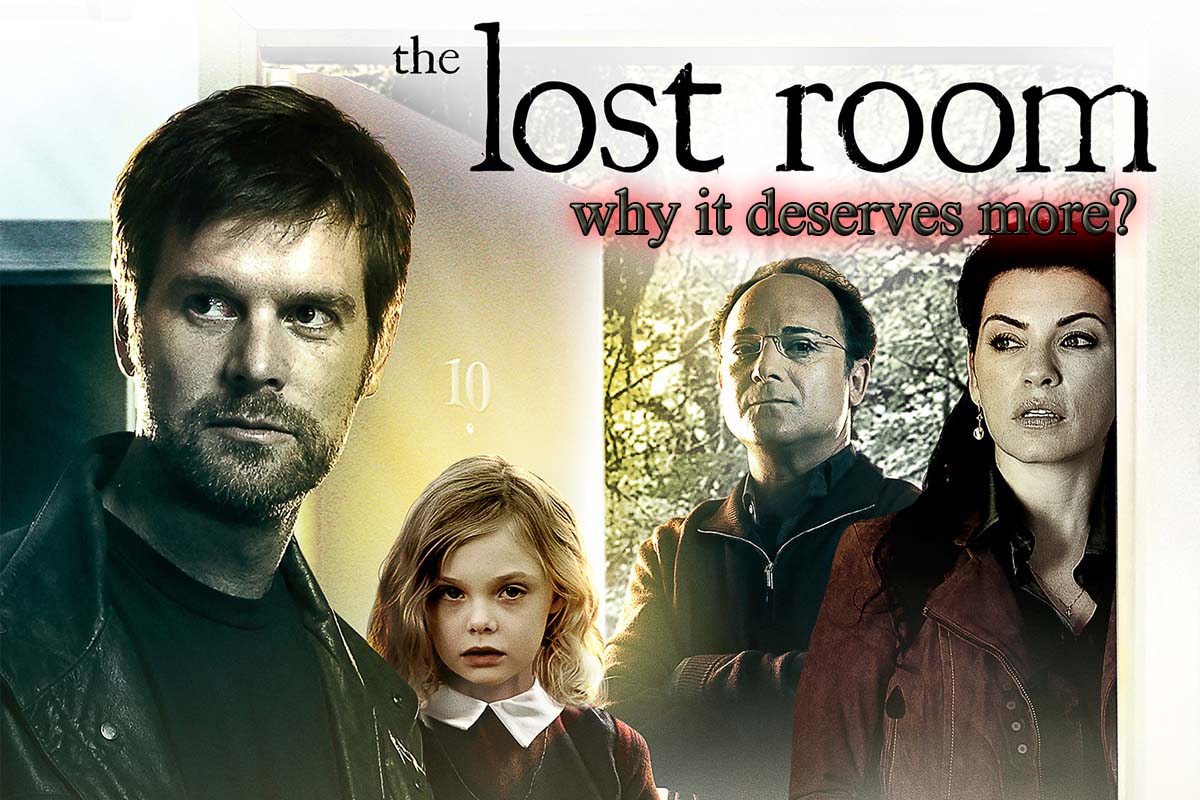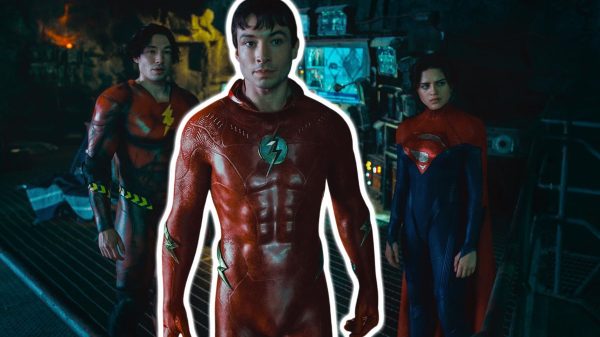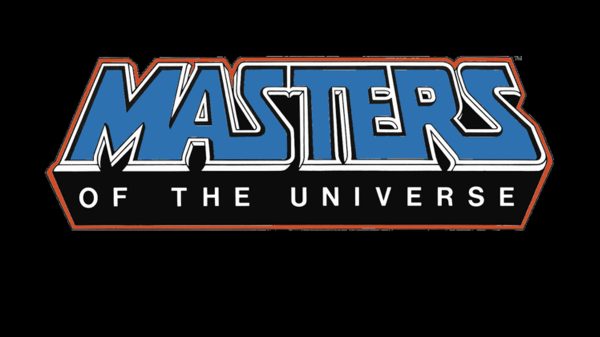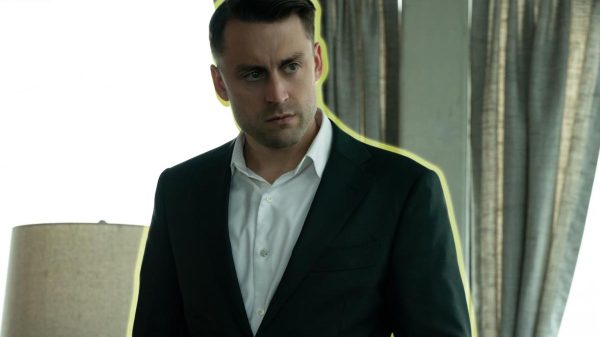Some gems inevitably slip through the cracks. ‘The Lost Room,’ a miniseries that appeared on the SciFi Channel in 2006, is one such underrated treasure. Spanning six episodes, the series interweaves the ordinary with the extraordinary. However, is it really worth watching?
What ‘The Lost Room’ is About?
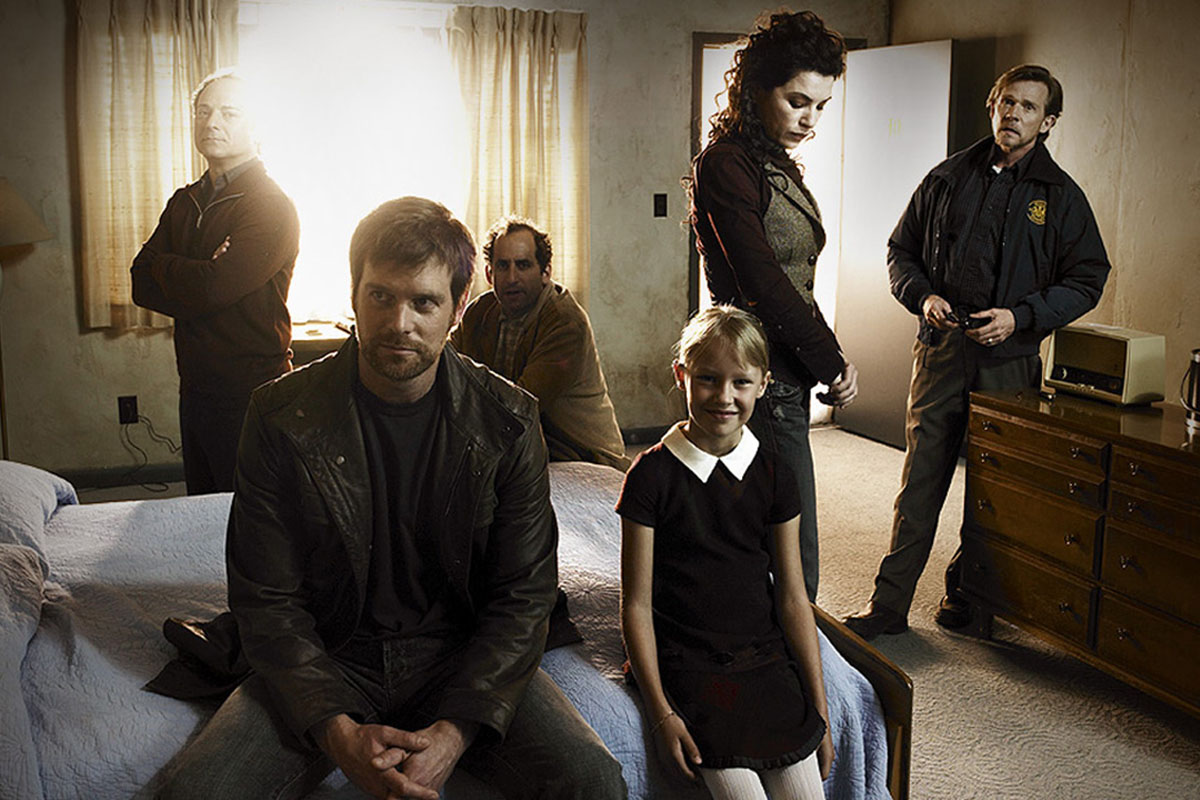
‘The Lost Room‘s premise is simple: an everyday object, a motel room key, doubles as a portal to a vanished room in 1961 at the Sunshine Motel, unlocking a world with objects defying the laws of physics. Fast forward to 2006, when Pittsburgh police detective Joe Miller (Peter Krause) stumbles upon a key during a murder investigation. He later realizes that this key is capable of turning any door into a portal to the now-nonexistent Room 10 of the Sunshine Motel. The disappearance of Miller’s daughter in this room sets the stage for the narrative.
Supporting Krause’s performance are Juliana Margulies and Peter Jacobson. Each episode is named after an object — from a clock that can turn brass into gas to a comb that halts time, the series offers us various fantastical elements in a palpable reality. The characters explore each item, which Joe uses to reunite with his daughter.
Is it Worth Watching?
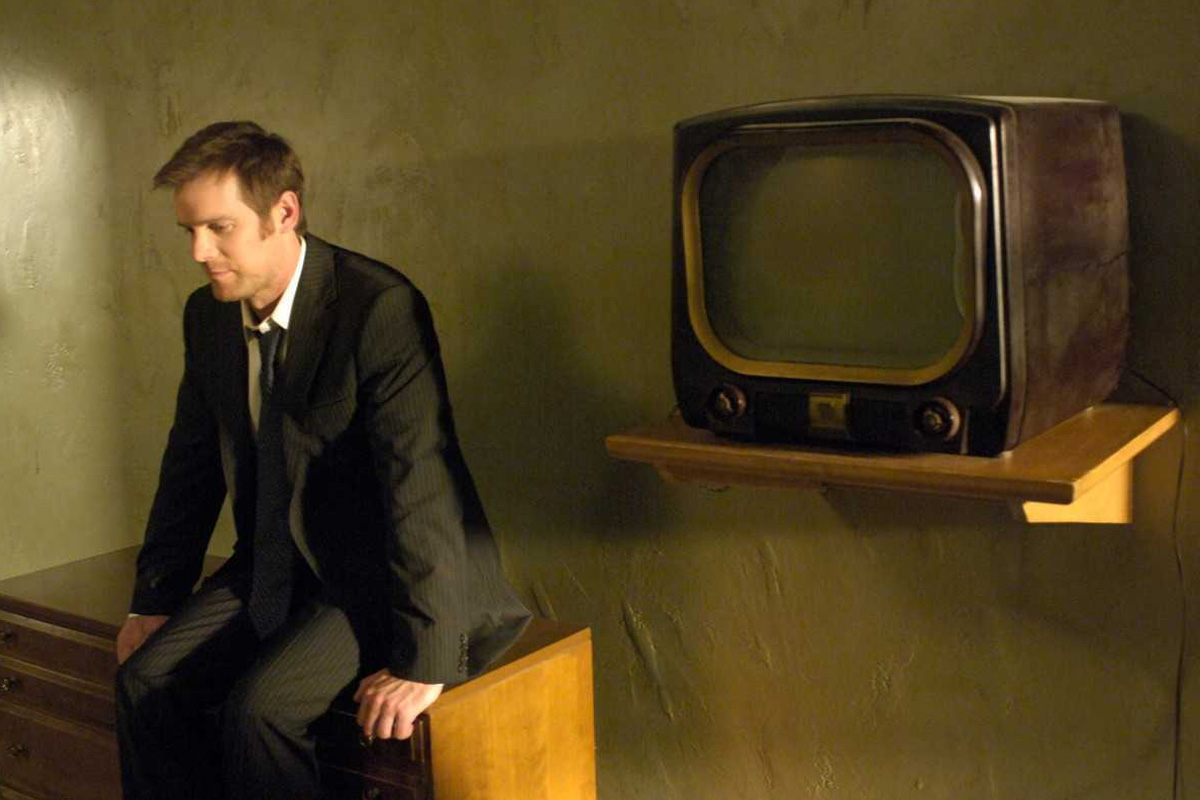
The strength of ‘The Lost Room’ lies not just in its premise but also in its exploration of complex scientific theories. It poses heady questions but smartly refrains from getting lost in its complexity. Instead, the series presents these concepts in a manner digestible to the audience, using the narrative as a vehicle and a backdrop to explore human desires, the unintended consequences of power, and the lengths one will go to reclaim a lost connection.
The creators, Christopher Leone, Laura Harkcom, and Paul Workman, crafted a rich mythology within ‘The Lost Room’s short six-hour run. They constructed a world as detailed as those found in much longer-running series. Yet, the potential for further exploration of this universe was cut short, with no continuation beyond its initial episodes. A decade later, fans initiated a campaign to bring the series to Netflix, but it didn’t get the expected attention, with just 17 people signing.
Despite the series’ many strengths, its ending remains a topic of contention. Some viewers and critics argued that the finale, while perhaps a victim of its creators’ ambitions for a second season, leaves a taste of incompleteness for a story that seemed poised for greater exploration. In a way, they are right in saying that as in its final moments, ‘The Lost Room’ pulls away too soon and leaves viewers at the cusp of revelation.
Final Verdict
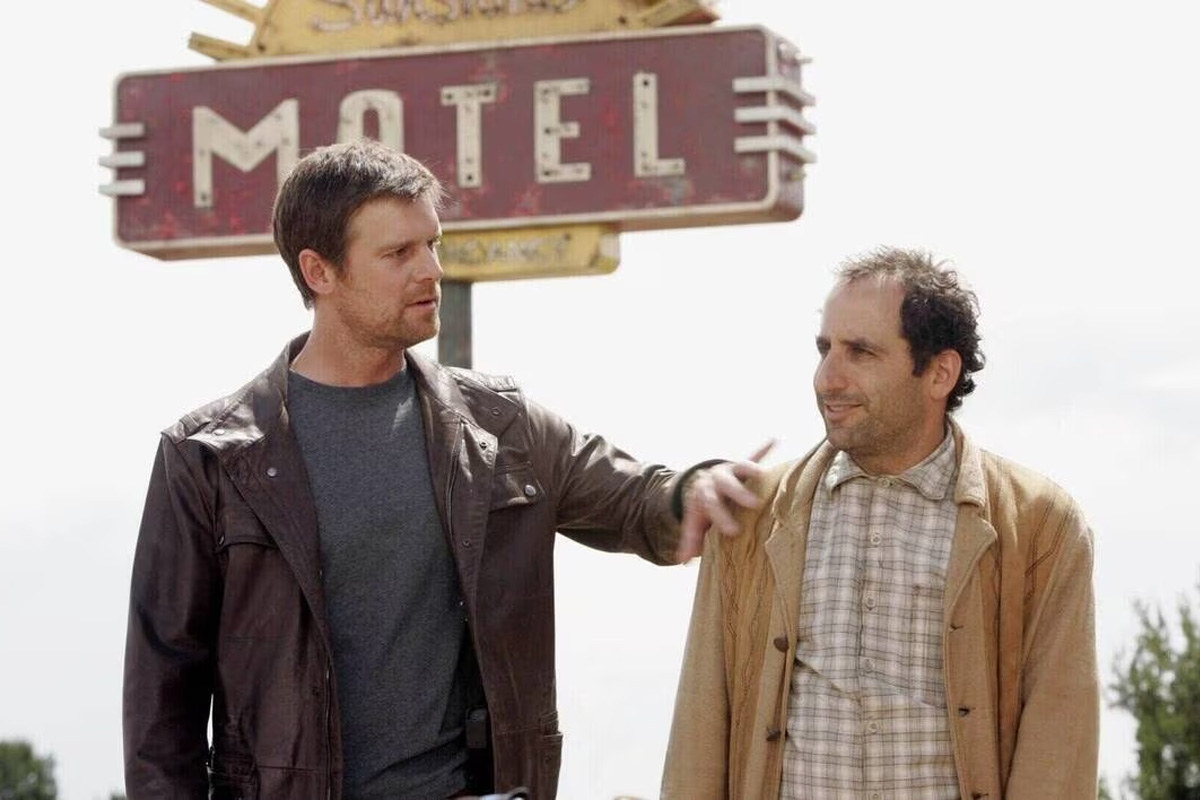
‘The Lost Room’ delivers a narrative that balances the ordinary with the extraordinary, weaving a tale of a man’s desperate search for his daughter with a broader commentary on power, obsession, and the unknown. Perhaps due to its broadcast timing or the fate of television programming decisions, it didn’t capture a wide audience during its initial run.
Even so, ‘The Lost Room’s world-building is meticulous, its characters are fleshed out, and the narrative drive keeps you locked in until the very end — well, almost the end. For those willing to embark on this journey, here is our advice: when the finale looms, let your imagination create its own conclusion.
So, for those looking for a sci-fi experience that brings the ordinary and the extraordinary together, ‘The Lost Room’ is a worthy endeavor. You can watch the series through streaming services and on DVD. Just remember — you might want to stop with five minutes to spare.
You can watch the trailer for ‘The Lost Room’ below.

